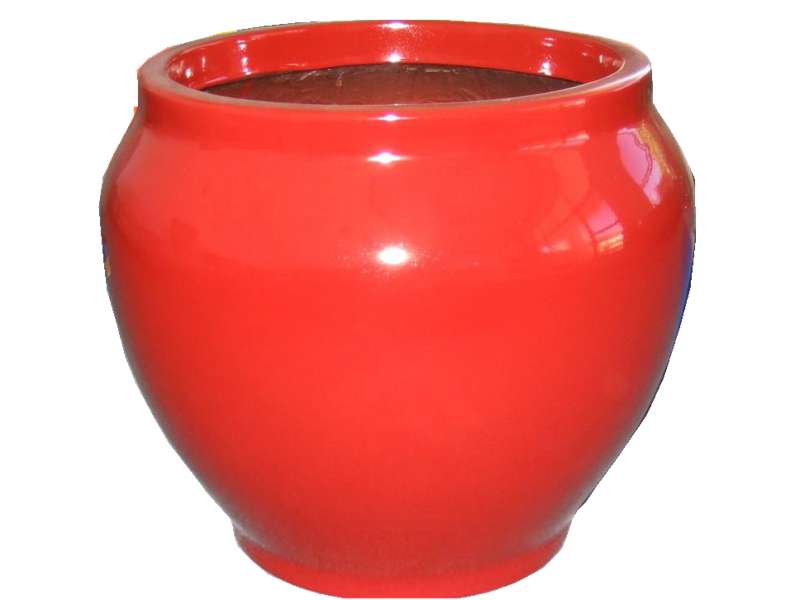
-
 Afrikaans
Afrikaans -
 Albanian
Albanian -
 Amharic
Amharic -
 Arabic
Arabic -
 Armenian
Armenian -
 Azerbaijani
Azerbaijani -
 Basque
Basque -
 Belarusian
Belarusian -
 Bengali
Bengali -
 Bosnian
Bosnian -
 Bulgarian
Bulgarian -
 Catalan
Catalan -
 Cebuano
Cebuano -
 China
China -
 China (Taiwan)
China (Taiwan) -
 Corsican
Corsican -
 Croatian
Croatian -
 Czech
Czech -
 Danish
Danish -
 Dutch
Dutch -
 English
English -
 Esperanto
Esperanto -
 Estonian
Estonian -
 Finnish
Finnish -
 French
French -
 Frisian
Frisian -
 Galician
Galician -
 Georgian
Georgian -
 German
German -
 Greek
Greek -
 Gujarati
Gujarati -
 Haitian Creole
Haitian Creole -
 hausa
hausa -
 hawaiian
hawaiian -
 Hebrew
Hebrew -
 Hindi
Hindi -
 Miao
Miao -
 Hungarian
Hungarian -
 Icelandic
Icelandic -
 igbo
igbo -
 Indonesian
Indonesian -
 irish
irish -
 Italian
Italian -
 Japanese
Japanese -
 Javanese
Javanese -
 Kannada
Kannada -
 kazakh
kazakh -
 Khmer
Khmer -
 Rwandese
Rwandese -
 Korean
Korean -
 Kurdish
Kurdish -
 Kyrgyz
Kyrgyz -
 Lao
Lao -
 Latin
Latin -
 Latvian
Latvian -
 Lithuanian
Lithuanian -
 Luxembourgish
Luxembourgish -
 Macedonian
Macedonian -
 Malgashi
Malgashi -
 Malay
Malay -
 Malayalam
Malayalam -
 Maltese
Maltese -
 Maori
Maori -
 Marathi
Marathi -
 Mongolian
Mongolian -
 Myanmar
Myanmar -
 Nepali
Nepali -
 Norwegian
Norwegian -
 Norwegian
Norwegian -
 Occitan
Occitan -
 Pashto
Pashto -
 Persian
Persian -
 Polish
Polish -
 Portuguese
Portuguese -
 Punjabi
Punjabi -
 Romanian
Romanian -
 Russian
Russian -
 Samoan
Samoan -
 Scottish Gaelic
Scottish Gaelic -
 Serbian
Serbian -
 Sesotho
Sesotho -
 Shona
Shona -
 Sindhi
Sindhi -
 Sinhala
Sinhala -
 Slovak
Slovak -
 Slovenian
Slovenian -
 Somali
Somali -
 Spanish
Spanish -
 Sundanese
Sundanese -
 Swahili
Swahili -
 Swedish
Swedish -
 Tagalog
Tagalog -
 Tajik
Tajik -
 Tamil
Tamil -
 Tatar
Tatar -
 Telugu
Telugu -
 Thai
Thai -
 Turkish
Turkish -
 Turkmen
Turkmen -
 Ukrainian
Ukrainian -
 Urdu
Urdu -
 Uighur
Uighur -
 Uzbek
Uzbek -
 Vietnamese
Vietnamese -
 Welsh
Welsh -
 Bantu
Bantu -
 Yiddish
Yiddish -
 Yoruba
Yoruba -
 Zulu
Zulu
Exploring the Characteristics and Benefits of Food-Grade Fiberglass Equipment in the Industry
A Closer Look at Fiberglass Food Grade Equipment Features and Benefits
In the ever-evolving world of food processing and storage, the demand for materials that ensure safety, durability, and efficiency has never been higher. One such innovation that has gained popularity is fiberglass food grade equipment. This article delves into the features and benefits of fiberglass in the food industry, highlighting why it is increasingly becoming a preferred choice among food manufacturers.
Understanding Fiberglass Food Grade Equipment
Fiberglass, a composite material made from fine glass fibers, is known for its remarkable strength-to-weight ratio and resistance to corrosion. When used in food-grade applications, fiberglass is combined with food-safe resins that comply with health and safety regulations. This combination not only ensures that the equipment is durable but also that it does not leach harmful substances into food products.
Key Features of Fiberglass Food Grade Equipment
1. Durability One of the standout features of fiberglass equipment is its longevity. It is resistant to abrasions, impacts, and harsh chemicals, making it ideal for the rigorous conditions often present in food processing environments. Unlike metal or wood, fiberglass does not rust, rot, or degrade over time, which translates into lower replacement costs and minimal downtime for businesses.
2. Non-Toxicity Safety is paramount in the food industry, and fiberglass food-grade equipment is designed with this in mind. The materials used in production are non-toxic and compliant with FDA standards, ensuring that there are no harmful chemicals contaminating food products. This aspect is critical for maintaining food safety and protecting public health.
3. Ease of Cleaning Hygiene is crucial in any food-related operation. Fiberglass surfaces are smooth and non-porous, allowing for easy cleaning and sanitization. This minimizes the risk of bacterial growth and foodborne illnesses, making fiberglass an excellent choice for restaurants, catering companies, and food manufacturing plants.
fiberglass food grade equipment a closer look at its features and ...

4. Versatility Fiberglass food grade equipment comes in various forms, including tanks, containers, trays, and custom-molded products. This versatility allows businesses to find solutions tailored to their specific processing and storage needs, whether they are handling liquids, solids, or a combination of both.
5. Lightweight While fiberglass is durable, it is also lightweight. This characteristic makes it easier to handle and transport, reducing the physical strain on workers and enhancing overall operational efficiency. Lightweight equipment can also lead to savings on shipping and handling costs.
6. Temperature Resistance Fiberglass can withstand a wide range of temperatures, making it suitable for both hot and cold food applications. This resistance to thermal shock ensures that fiberglass equipment maintains its integrity under varying conditions, from hot kitchens to cold storage facilities.
Benefits of Using Fiberglass Food Grade Equipment
1. Cost-Effective The initial investment in fiberglass equipment may be higher than other materials; however, its longevity and low maintenance costs often result in significant savings in the long run. Businesses can avoid frequent replacements and repairs, allowing them to focus on production rather than equipment woes.
2. Improved Food Safety With fiberglass's non-toxic and easy-to-clean nature, companies can better adhere to food safety regulations and standards. This commitment to safety can enhance a brand's reputation, attract customers, and increase overall trust in the products being served.
3. Sustainability Many fiberglass manufacturers are adopting eco-friendly practices in their production processes. Additionally, the durability of fiberglass reduces waste and promotes sustainability in the food industry, appealing to environmentally conscious consumers and businesses alike.
In conclusion, fiberglass food grade equipment presents a host of features and benefits that make it an attractive option for the food industry. Its durability, safety, ease of cleaning, and versatility contribute to operational efficiency and cost-effectiveness. As the industry looks toward sustainable and safe solutions, fiberglass continues to emerge as a valuable asset in food processing and storage.









